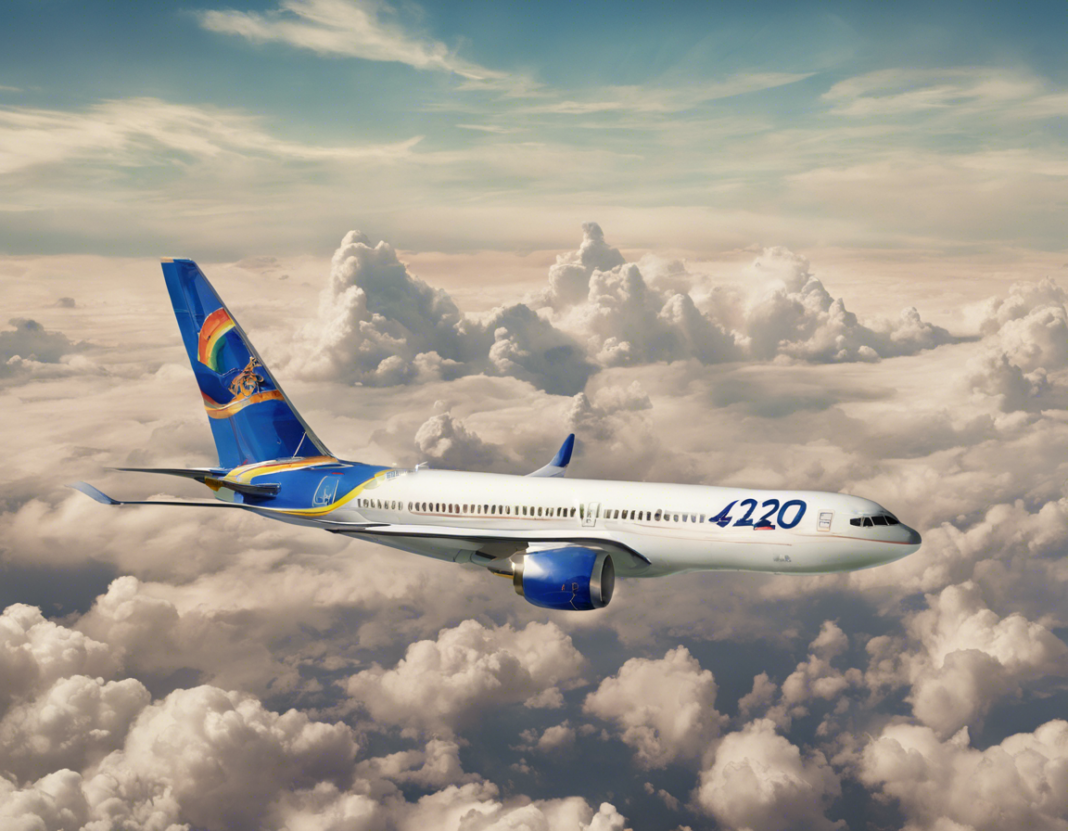When it comes to the travel industry, the backbone that keeps it running smoothly is undeniably the airline sector. Airlines serve as the primary mode of transportation for millions of passengers every day, connecting people and cultures across the globe. However, there’s a unique and somewhat mysterious connection between the travel industry and a concept that has gained attention in recent years – Flight 420. Let’s delve into this intriguing relationship and explore its significance in the world of travel.
The Origins of Flight 420
Flight 420 has become a popular subject among aviation enthusiasts and conspiracy theorists alike, mainly due to its unique numerical combination. While it may seem like a whimsical coincidence, the number 420 holds cultural significance in certain subcultures, particularly in the cannabis community where “420” is often associated with marijuana consumption. This connection has sparked curiosity and speculation around flights bearing the number 420.
Airlines and Flight Numbers
Airlines assign flight numbers to their scheduled flights for organizational and logistical purposes. These numbers help distinguish one flight from another and play a crucial role in flight operations. While some numbers are randomly selected, others are strategically chosen based on various factors such as route, time of departure, and even superstitions. In the case of Flight 420, airlines may opt to use or avoid this number based on cultural or regional considerations.
Superstitions and Cultural Influences
In the airline industry, superstitions and cultural beliefs often influence decisions regarding flight numbers. For example, in some countries, certain numbers are considered lucky or unlucky based on cultural traditions or religious beliefs. Airlines operating in these regions may avoid using numbers that are perceived as unlucky to cater to passengers’ preferences and alleviate any concerns regarding safety or luck.
The Mystery Surrounding Flight 420
The intrigue surrounding Flight 420 stems from its association with the cannabis culture and the wider societal connotations of the number 420. Some conspiracy theories suggest that flights bearing the number 420 are used for illicit purposes or as code for transporting contraband. While these theories remain unsubstantiated, they have contributed to the mystique surrounding Flight 420 and its perceived significance in the travel industry.
Practical Considerations for Airlines
Despite the cultural and symbolic implications of flight numbers, airlines primarily focus on operational efficiency and safety when assigning flight numbers. Factors such as route optimization, scheduling, and aircraft utilization take precedence over any cultural or superstitious connotations associated with specific numbers. Ultimately, airlines strive to ensure that their flights operate smoothly and adhere to industry standards regardless of the flight number assigned to them.
Addressing Misconceptions
It’s essential to separate fact from fiction when discussing Flight 420 and its connection to the travel industry. While the number 420 may hold significance in certain contexts, there is no concrete evidence to suggest that flights bearing this number are used for illicit activities or deviate from standard aviation practices. As with any aspect of the travel industry, thorough regulatory oversight and security measures are in place to ensure the safety and integrity of air travel.
FAQs (Frequently Asked Questions)
1. Is Flight 420 a common flight number used by airlines?
While Flight 420 may appear in some airlines’ flight schedules, it is not a universally common or standardized flight number across the industry.
2. Are there any safety concerns associated with Flight 420?
There are no inherent safety concerns associated with flights bearing the number 420. Airlines adhere to strict safety protocols regardless of the flight number assigned.
3. How do airlines decide on flight numbers?
Airlines consider various factors such as route, time of departure, aircraft type, and operational efficiency when assigning flight numbers.
4. Does the number 420 have any significance in the aviation industry beyond cultural connotations?
Apart from cultural associations, the number 420 does not hold specific significance in the aviation industry’s operational or regulatory context.
5. Are there regulations regarding the assignment of flight numbers?
While there are industry guidelines for flight numbering, airlines have some flexibility in choosing flight numbers based on operational requirements and customer preferences.
In conclusion, the connection between the travel industry and Flight 420 is a mix of cultural symbolism, superstitions, and practical considerations. While the number 420 may evoke curiosity and speculation, it is essential to recognize that airlines prioritize safety, efficiency, and regulatory compliance in their operations. By understanding the nuanced relationship between flight numbers and broader cultural contexts, we gain insight into the intricacies of the aviation industry and the diverse factors that shape it.
